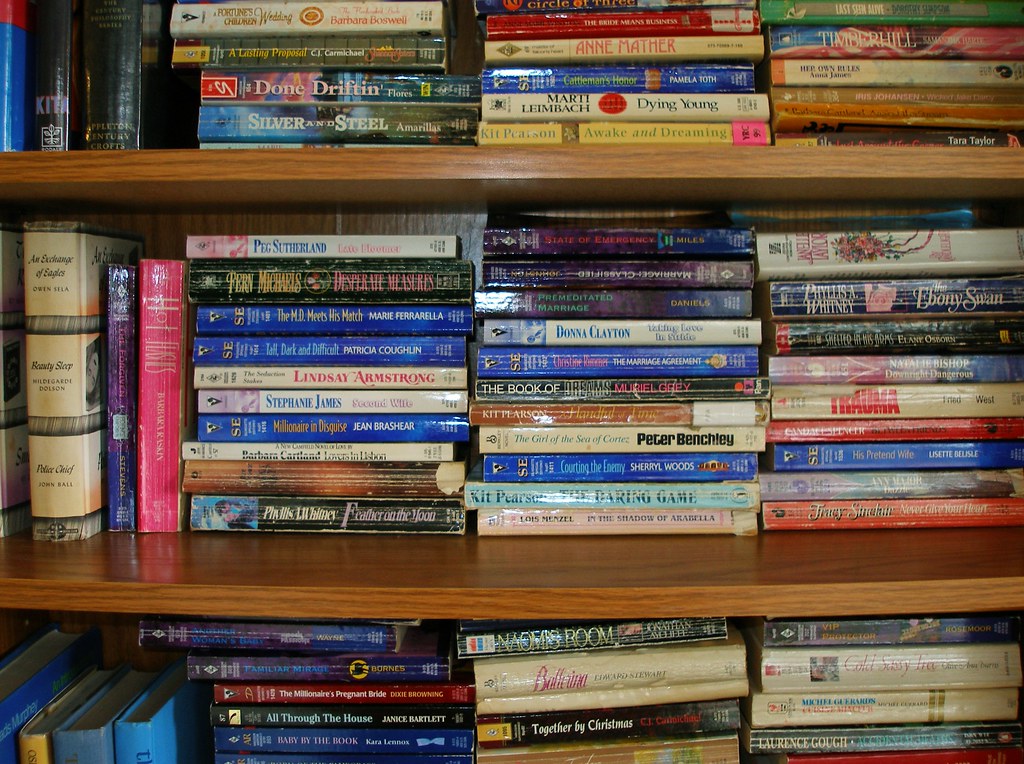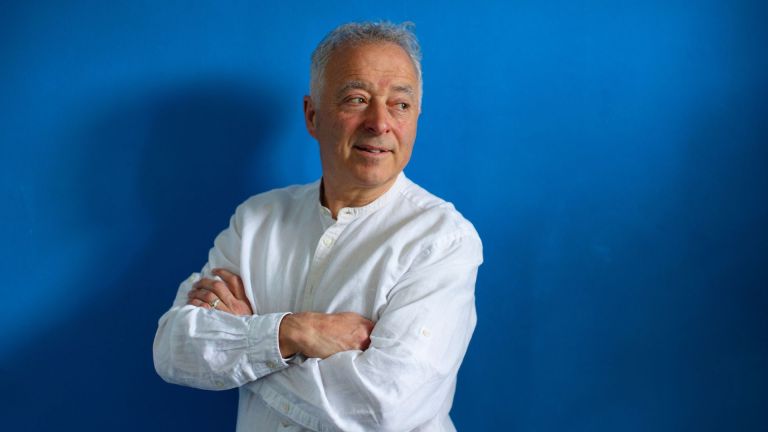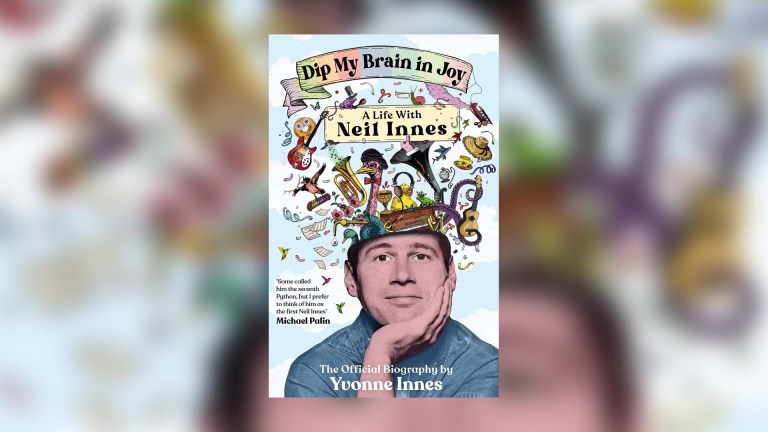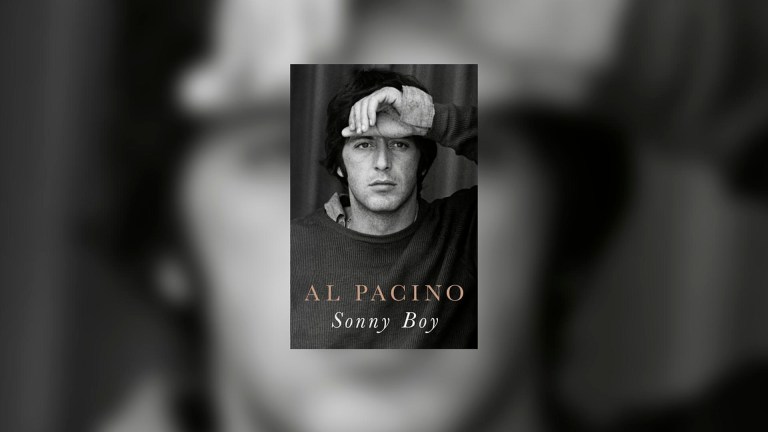I’ve always found something rather soothing about bookshops. I don’t mind what kind. A big-box shopping mall store, with thousands of titles and a cafe in the basement. A boutique independent shop with a carefully curated selection of hardbacks. A second-hand dealer full to bursting with old paperbacks mouldering on homemade shelves. They each have their own charm. I love to step through their doors, leave the bustle of the street behind and immerse myself for a while in their world of possibilities.
As I browse the shelves, I imagine the different kinds of reading I could do. Do I want a fast-paced thriller, or the latest literary prize winner? A classic that I’ve always meant to read but never got around to, or a fat biography? The latest book from a favourite author or an unknown quantity whose cover catches my eye? Bookshops offer more potential enjoyment per square foot than any other destination on the high street.
Bookshops are machines for serendipity – opportunities to discover the books you didn’t know you wanted. The algorithmic recommendations served up by online booksellers can’t compete with the pleasure of finding something unexpected on the shelves of a bookshop, reading a dozen pages standing up and knowing, as you shift your weight from foot to foot, that you’ve got to take it home. And no online search engine can match the knowledge of booksellers, who have an almost superhuman ability to locate the book you’re looking for, even if you can only remember the colour of the cover.
Bookshops are also social spaces. These days they often stay open late, find room for a cafe, host author events and book clubs. And because they’re social spaces they can also be political hubs. City Lights bookstore in San Francisco was a haven for the city’s beatniks and a focus for opposition to the Vietnam War. It published Alan Ginsberg’s poem Howl in 1956 and was raided by the police soon after. London’s Gay’s The Word bookshop, founded in 1979, was for a long time one of the few dedicated spaces in the UK for lesbian and gay groups to meet. It was raided in 1984, when police seized allegedly obscene material. It’s no accident that people marginalised in other places have congregated in bookstores. Books invite us to imagine alternative worlds, which is the first step to transforming this one.
These days, bookshops are under pressure, with rising rents, price-cutting supermarkets, and online competition making it hard for them to turn a profit. But bookshops aren’t going away. As I argue in my book The Secret Life of Books, books are deeply embedded in our lives, in ways that electronic texts can’t easily replicate. It’s much harder to browse e-books, to give them as gifts, or use them to mark special occasions. Whether we think of bookshops as places we can escape the pressures of the world, or spaces in which to imagine its transformation, a world without them would be infinitely poorer.
Tom Mole’s The Secret Life of Books: Why They Mean More than Words is out now (Elliott & Thompson, £14.99)









